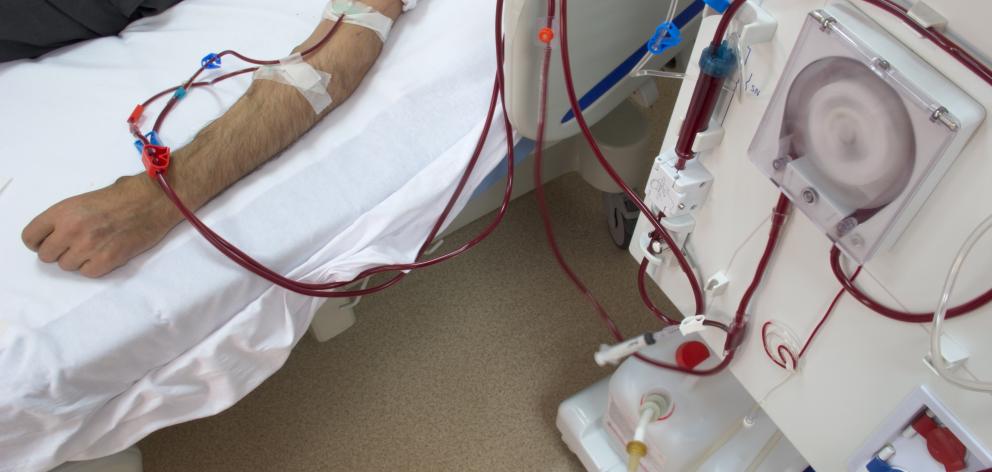
Alarming findings from 25 years of medical data will be presented tonight to a crisis summit of clinicians, health managers and politicians.
"When people say, 'It's going to get worse', it's already got worse,'' said Prof David Simmons, an international diabetes expert who analysed the Auckland GP clinic data.
"We are now in the middle of the epidemic. On the wards it's a third of the patients. In some wards it would be more than a third. This is a huge number.''
He said at a time when mortality was expected to improve, over the past 25 years the improvements for people with diabetes "have actually often gone the other way''.
Tonight's summit in South Auckland is organised by the Diabetes Foundation Aotearoa and tag-lined "an urgent call to action''. Attendees include Associate Health Minister Peeni Henare.
Prof Simmons, of the Western Sydney University Macarthur Clinical School, will deliver the keynote address.
One particularly alarming finding from the data was a failure to have more diabetics keep blood sugar levels as close to normal as possible.
Over the long term, too much glucose in the blood ravages nerves, organs and tissue, risking heart attack, stroke, kidney failure, blindness and foot disease leading to amputation.
Controlling blood sugar levels greatly reduces the chance of those complications, and can slow or stop illness that has already taken hold.
That can be done through medication, insulin injections, and improving diet and exercise levels.
New Zealand's range of funded diabetes drugs was among the worst in the developed world.
"We can deal with the glucose a lot better, that's for sure,'' Prof Simmons said.
"We have new medicines now which reduce weight gain and can actually lead to weight loss. And we have medications that can reduce mortality in diabetes.
"But those drugs are not available in New Zealand.''
Turning the tide on diabetes needed much wider action, he said, as well as the political courage to spend more now to avoid astronomical hospitalisation costs later.
New Zealand's DHB structure was "fantastic'' for allowing diabetes care to be easily organised across both primary and secondary levels, but better support was needed for that to happen.
Diabetes causes close to 1000 amputations a year and blights the vision of about 60,000 New Zealanders.
More than 300 diabetics went on to dialysis last year alone.
A landmark government diabetes strategy started in 2016 and set targets to be achieved by 2019, including reducing the amputation rate.
Most of those will be missed, and clinicians have urged the Government to greatly step up prevention efforts that have been criticised as "a counting exercise''.
The Ministry of Health and Health Minister David Clark both say it is too early to judge the strategy's success.
On the related issue of obesity, Dr Clark has pointed to efforts to pressure the food and drink industry into making products healthier.
He has repeatedly declined requests for an interview on the subject.














